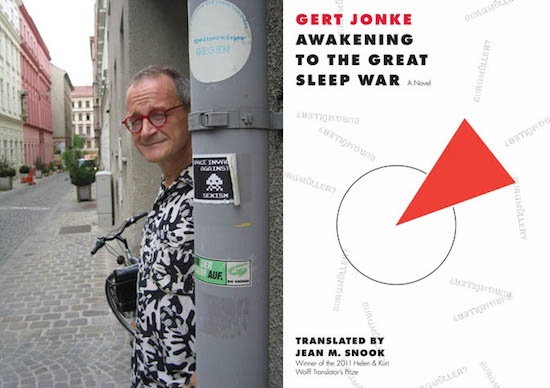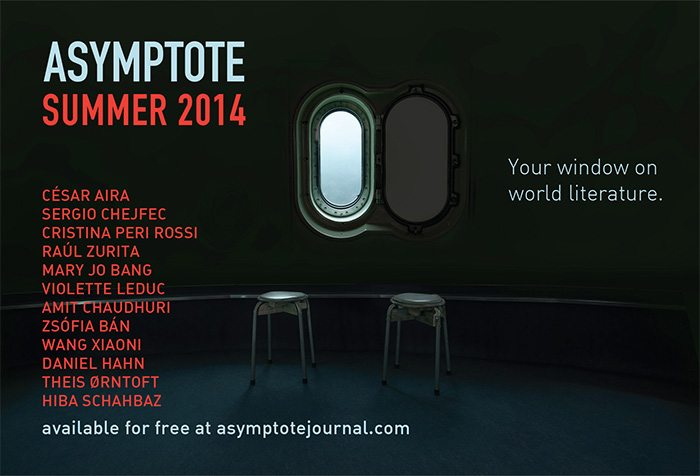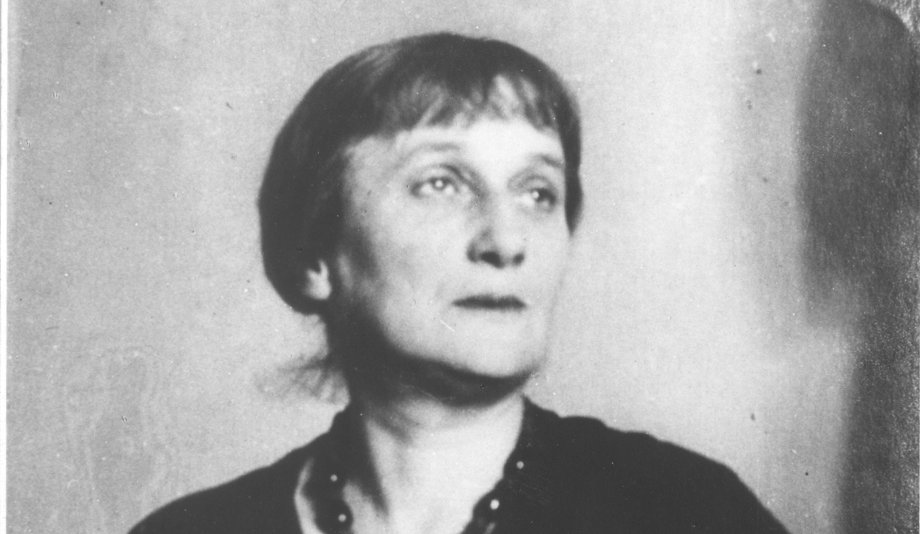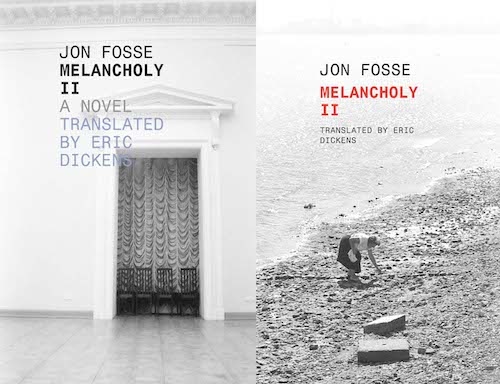In the science fiction of movies and television, the future looks more or less uniform. Digital technology is (somehow) even more omnipresent than it is today. A continuous mosaic of audio and video spills across every available surface. A glass skyline stretches toward the horizon with sleek automobiles gliding past the frame. If human culture has existed, say, for more than a few decades, the evidence of that is not visible.
This kind of scenario is a reflection of contemporary reality, of course. Science fiction has traditionally dressed up the future in contemporary styles. And this presentism seems justified today. In our swiftly urbanizing world, the built environment often appears as if it had emerged overnight, without precedent. The megalopolises of Asia and Latin America, with their endless high-rise apartment blocks and elevated thoroughfares, seem to presage something universal for humankind, at least while we can keep industrial civilization going.
But there is another kind of future city, one defined by the accretion of time, where reality is defined by the weight of history rather than its absence. The late Austrian polymath Gert Jonke made a career evoking such places. His complex, often bizarre novels explore how the past continually impinges on the present, particularly in Awakening to the Great Sleep War, first published in 1982 and brought to English last year by Dalkey Archive Press.













Borges, the Quixote, and Two Street Markets
The author of "The Antiquarian" tackles Borges, contextual understanding… and the singular joys of book shopping
The first time I read “Pierre Menard, author of the Quixote,” I was seventeen and in my freshman year in college in Lima. As anyone who reads Borges for the first time, I was dazzled by the story of a fictional French writer who, at the beginning of the twentieth century, wants to write once again, without plagiarizing or recovering it from memory, Cervantes’s Don Quixote. The most memorable passage of the story comes when the narrator, a friend of Menard’s, and very likely a French fascist, analyzes one paragraph from the novel in two different ways. First, assuming that Cervantes is the author, he concludes that the paragraph is rhetorical and verbose, when written by a seventeenth-century Spaniard. Later, assuming the author is Pierre Menard, a contemporary right-wing surrealist poet, he finds that the same words are fantastically counterintuitive and herald a new form of understanding the world. Since the narrator is a fascist, one suspects that his interpretation is an overinterpretation, the grotesque imposition of ideas that were not there in the original text.
READ MORE…
Contributor:- Gustavo Faverón Patriau
; Writers: - Gustavo Faverón Patriau
, - Jorge Luis Borges
; Tags: - Antiquarian
, - borges
, - Cervantes
, - commentary
, - fascism
, - Grove Atlantic
, - Gustavo Faverón Patriau
, - Latin America
, - Peru
, - Pierre Menard
, - Quixote
, - The Library of Babel